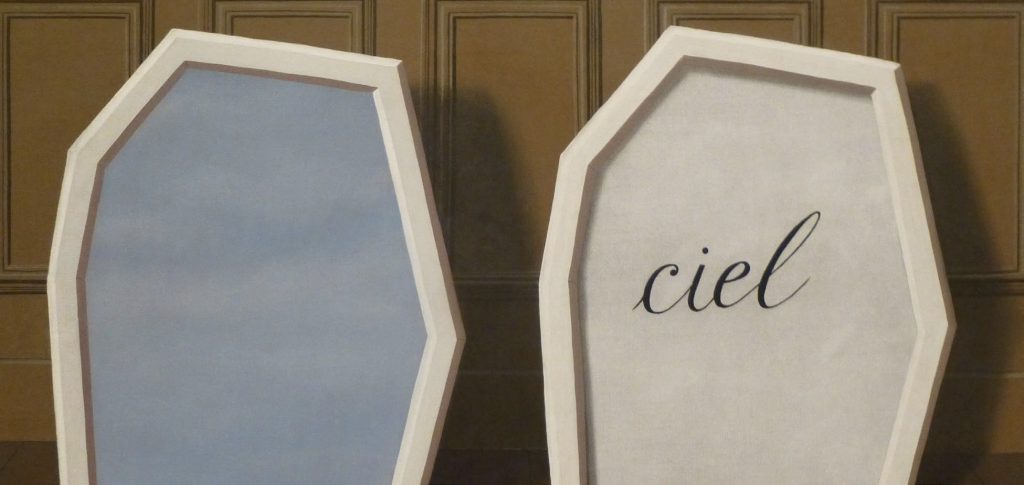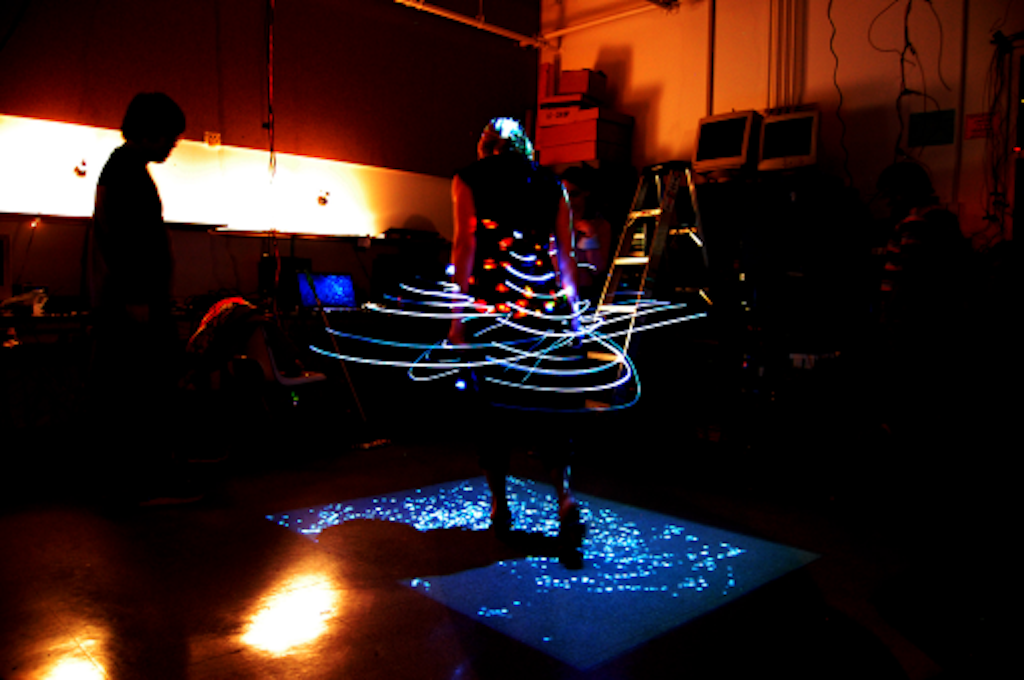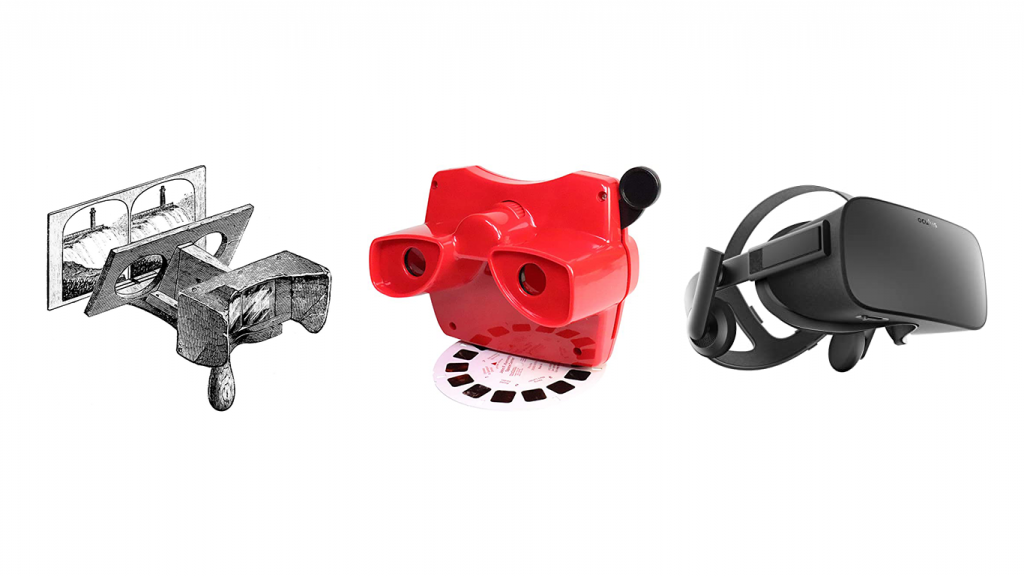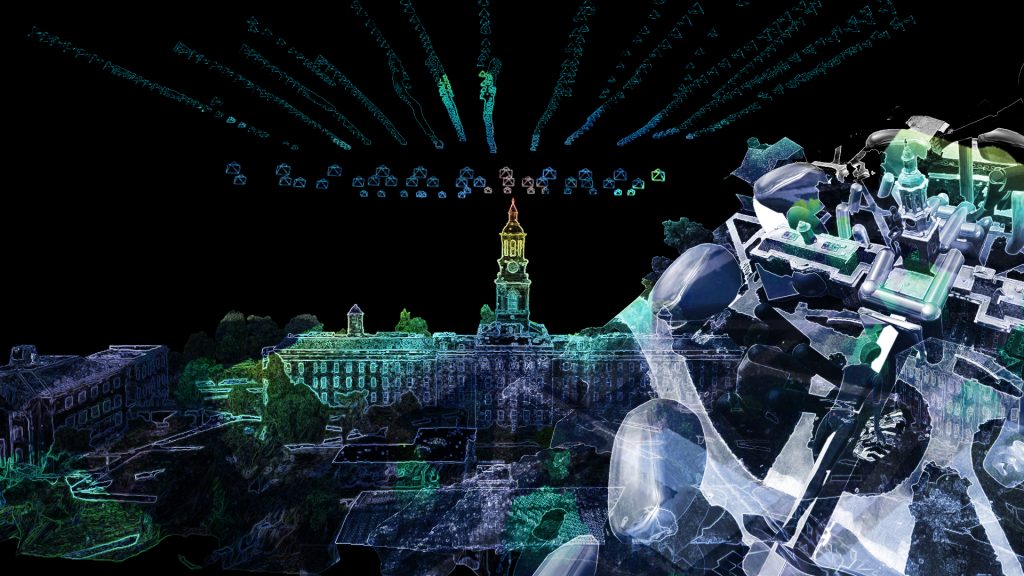Faculty members affiliated with CAST offer courses through the Situated Technologies Graduate Research Group in the Department of Architecture.
The curriculum engages design experimentation that repositions architecture in an expanded field. The group explores methods of study and conducts experiments that probe the limits of architecture: prototypes, processes, techniques, modes of collaboration, and workflows. It adopts new methods to identify new sites of inquiry, at different scales and within different social and political settings, for an expanded field of practice.
Design studios and seminars result in a wide range of outcomes–buildings, devices, events, infrastructures, tools, workflows, interfaces–and in skillsets that enable students to articulate new agencies for architecture.





